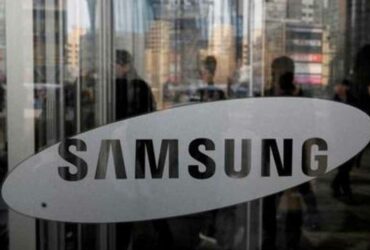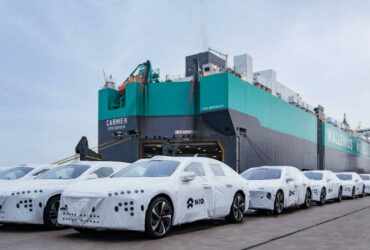Baidu obtains driverless robot taxi license again Chinese search engine giant Baidu Inc said on Aug. 8 that it has received full rights to operate self-driving robot taxi services on the streets of two major Chinese cities in the country. Apollo Go, Baidu’s robot taxi service, has been operating in 10 cities in China since 2020.
Now, the total number of rental rides has exceeded 1 million. In April, Pony.ai, backed by Baidu’s Apollo and Toyota Motor Corp, received a permit to operate robot taxis on 60 square kilometers of streets in Beijing. The Beijing permit still stipulates that a driver must be accompanied. A business license issued by Chongqing Municipality and Wuhan Municipal Corporation allows the self-driving robot taxi to ride in the public without a driver. The license expires on August 8, 2022. At first, Baidu will have 5 robot taxis in each city.

It will run from 9:00 am to 5:00 pm in Wuhan. Chongqing will run from 9:30 am to 4:30 pm. Chongqing has a service area of 30 square kilometers. Wuhan covers an area of 13 square kilometers. Located in Wuhan Economic & Technological Development Zone.
Baidu is also in talks with local governments in Beijing, Shanghai and Shenzhen, to secure licenses within a year to test fully-driverless and unpaid robotaxis in those cities, according to Wei. China’s efforts to fast-track autonomous vehicle trials and permits come as U.S. regulators are also pushing ahead with milestone-setting autonomous driving policies.

In January, self-driving company Cruise received a permit from the California Public Utilities Commission that allows it to offer paid and fully driverless rides from 10 p.m. to 6 a.m. in select streets in San Francisco. Apollo Go, Baidu’s robotaxi service, has operated over 1 million rides across 10 Chinese cities since its launch in 2020.
Baidu has not reported any problems with the service and has not given a breakdown for how much it has invested in the project.
















